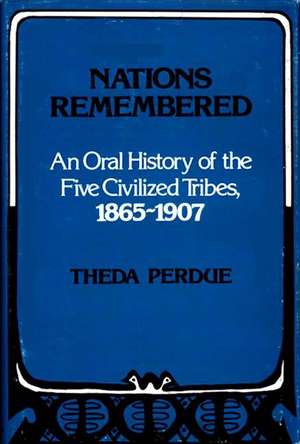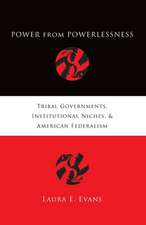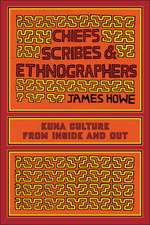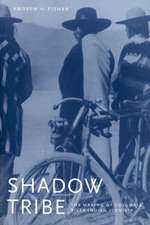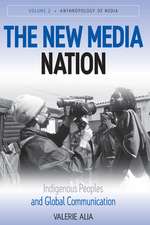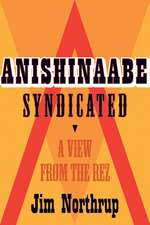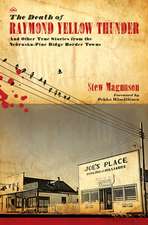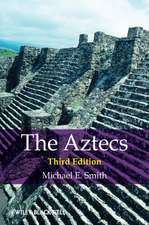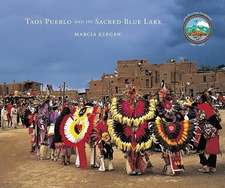Nations Remembered: An Oral History of the Five Civilized Tribes, 1865-1907: Contributions in Ethnic Studies, cartea 1
Autor Theda Perdueen Limba Engleză Hardback – 31 aug 2000
The five largest southeastern Indian groups-the Cherokees, Chickasaws, Choctaws, Creeks, and Seminoles-were forced to emigrate west to the Indian territory (now Oklahoma) in the 1830s. Here, from WPA interviews are those Indians' own stories of the troubled years between the Civil War and Oklahoma statehood-a period of extraordinary turmoil.
During this period, Oklahoma Indians functioned autonomously, holding their own elections, enforcing their own laws, and creating their own society from a mixture of old Indian customs and the new ways of the whites. The WPA informants describe the economic realities of the era: a few wealthy Indians, the rest scraping a living out of subsistence farming, hunting, and fishing. They talk about education and religion-Native American and Christian-as well as diversions of the time: horse races, fairs, ball games, cornstalk shooting, and traditional ceremonies such as the Green Corn Dance.
| Toate formatele și edițiile | Preț | Express |
|---|---|---|
| Paperback (1) | 175.23 lei 43-57 zile | |
| University of Oklahoma Press – 31 aug 1993 | 175.23 lei 43-57 zile | |
| Hardback (1) | 497.48 lei 43-57 zile | |
| Greenwood Press – 31 aug 2000 | 497.48 lei 43-57 zile |
Preț: 497.48 lei
Preț vechi: 690.88 lei
-28% Nou
95.19€ • 99.66$ • 78.77£
Carte tipărită la comandă
Livrare economică 07-21 aprilie
Specificații
ISBN-10: 0313220972
Pagini: 221
Dimensiuni: 140 x 218 x 23 mm
Greutate: 0.48 kg
Editura: Greenwood Press
Seria Contributions in Ethnic Studies
